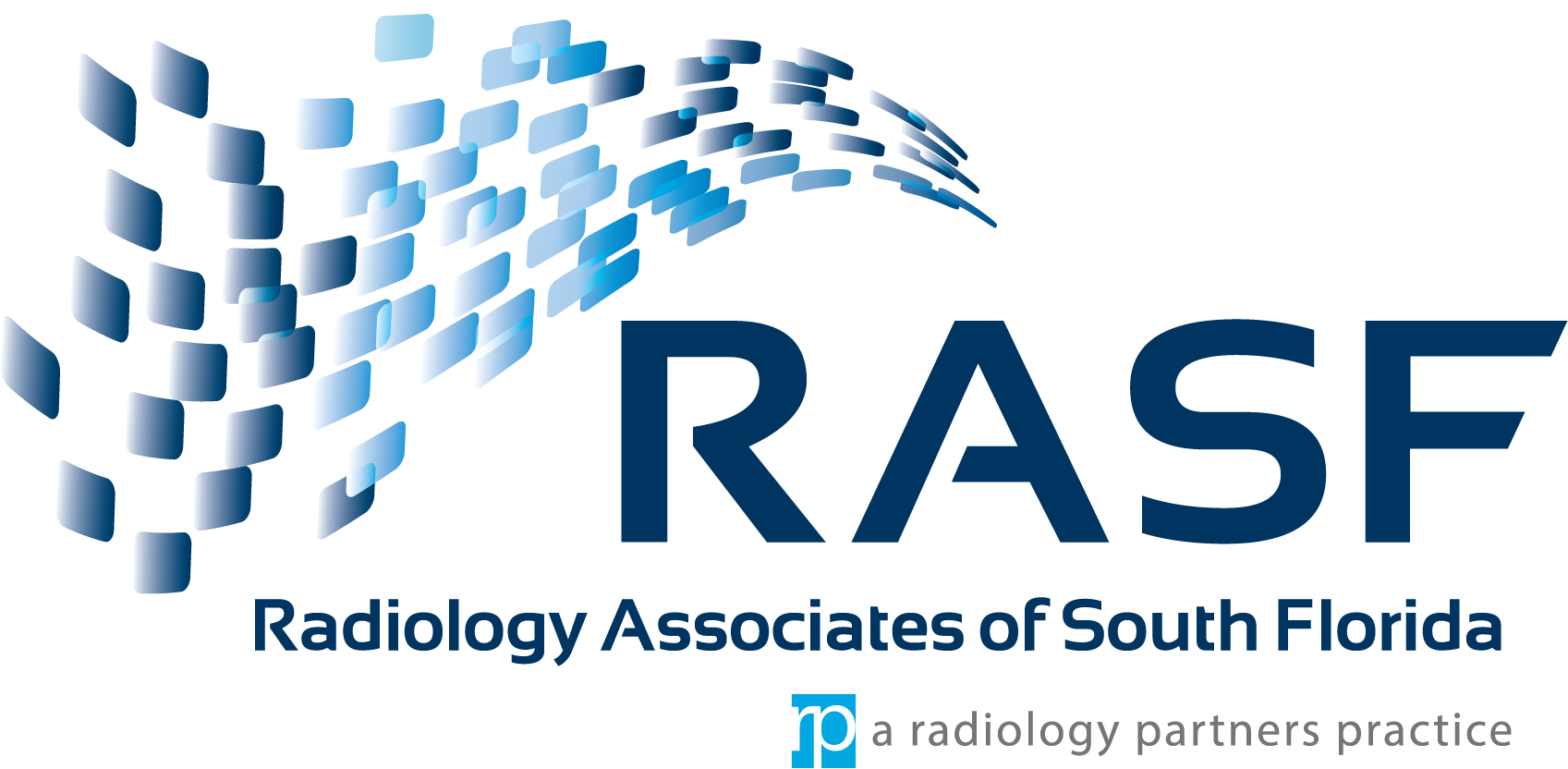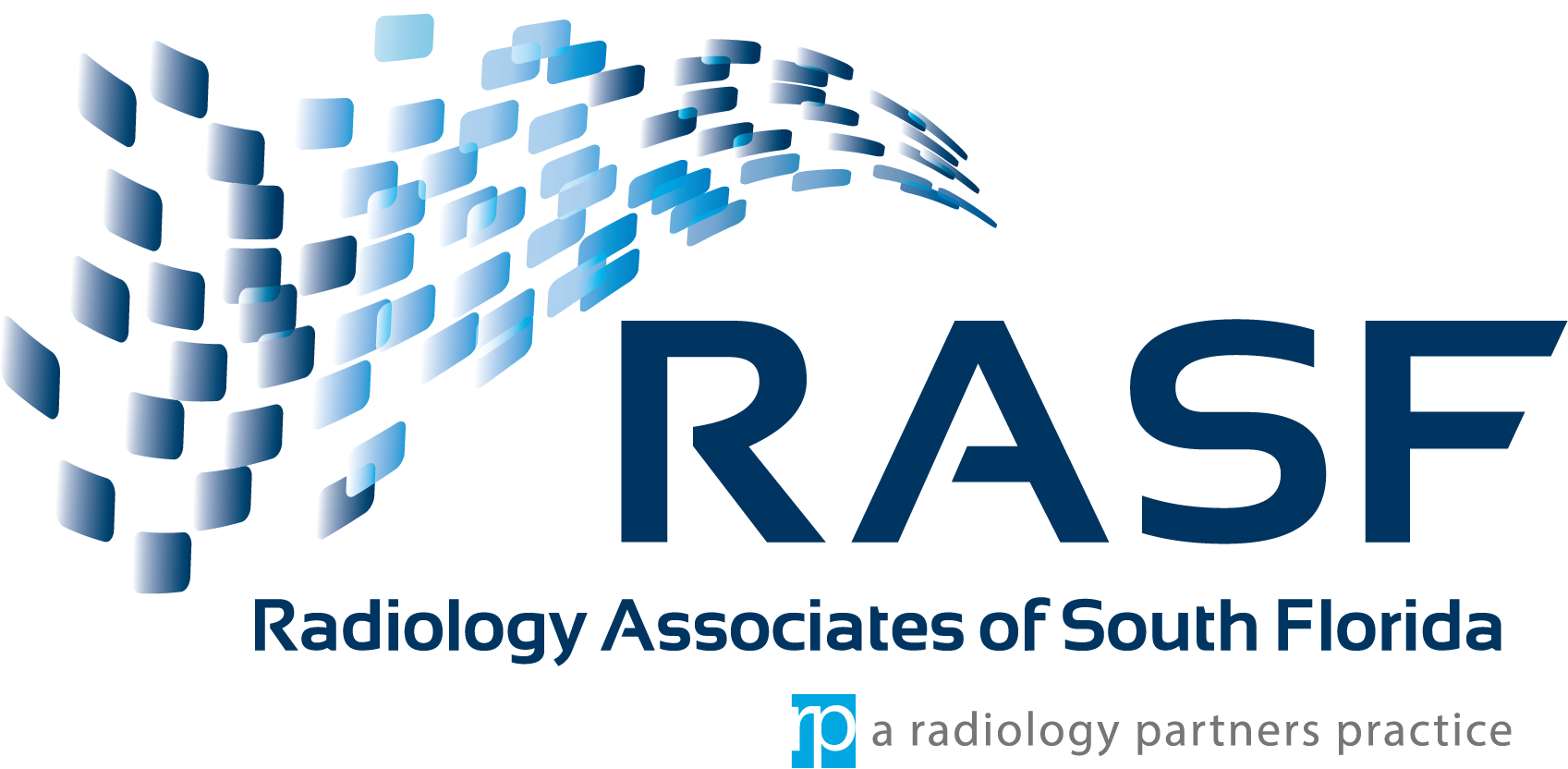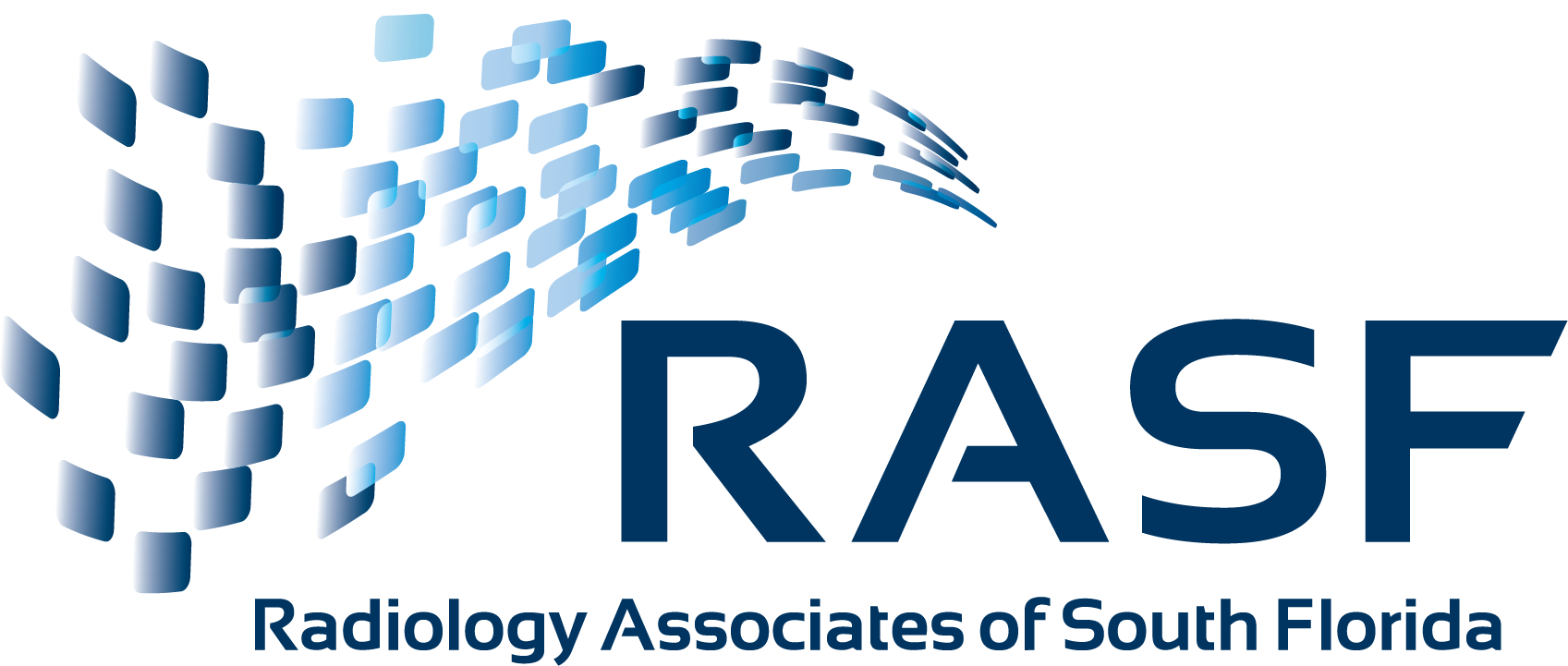What Patients Need to Know
Your Visit
Find resources here for you when you are considering a radiological test or procedure. Whether you are here to learn about your screening mammogram or about a consultation for minimally invasive treatment of varicose veins, we offer a wide array of resources, contact information, and useful links. Browse the diagnostic tests and interventional procedures we offer. Learn about the medical conditions that may have led you here. Find out about our exceptionally talented physicians and where you can make an appointment for a test, at a site convenient to you.
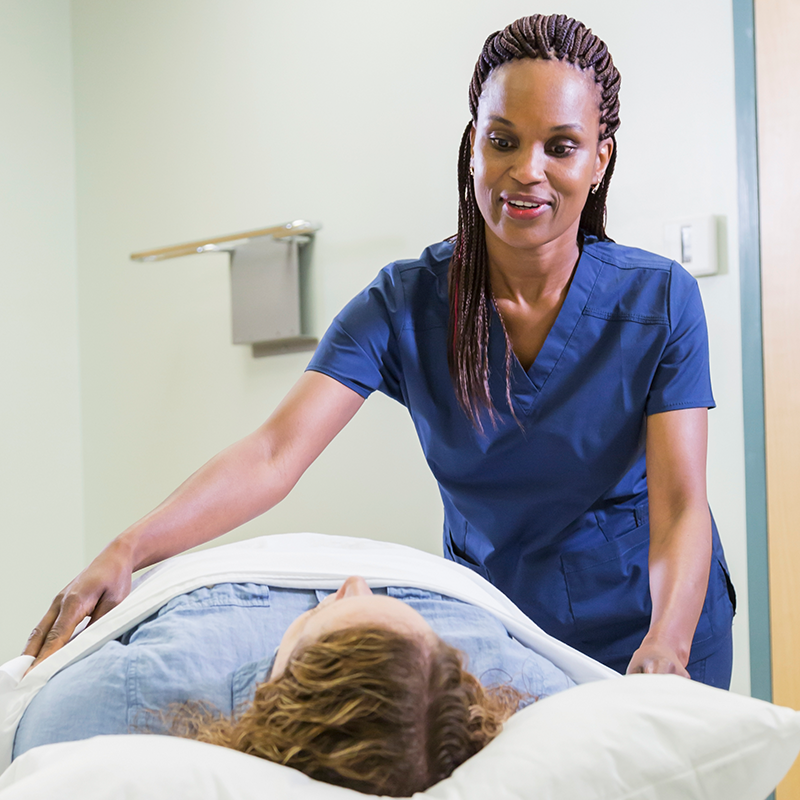


Payments and monthly statements
Billing
Payments
We accept payments by cash, check (personal and/or insurance), money order and VISA/MasterCard. Please, for your protection, do not send cash in the mail. Even if your insurance is a PPO (Preferred Provider Organization) or an HMO (Health Maintenance Organization) there may still be co-pays, co-insurance and/or deductibles owed. You will be sent a billing statement from our office. We ask that you be prompt in payment of any amount owed.
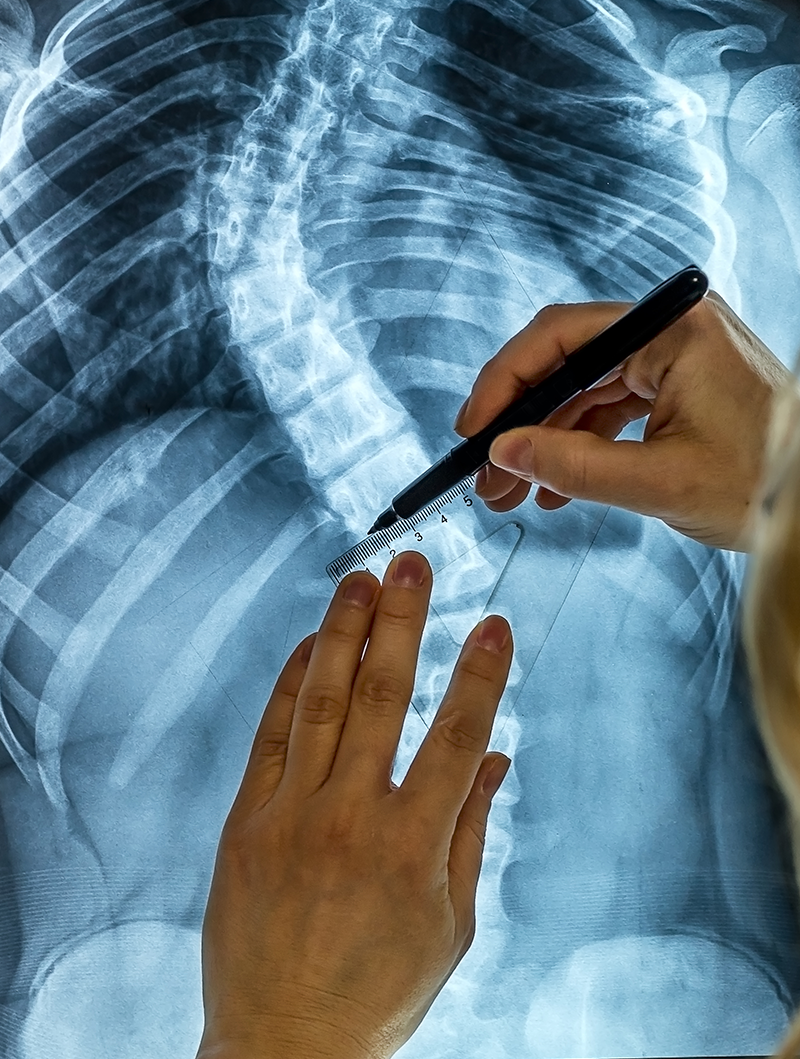

What insurance we accept
Insurance
RASF accepts most insurance plans. We have a great deal of experience navigating the financial aspects of the health care system, and often we can help your doctor find and document the necessary information to make sure authorizations go smoothly.
Insurance Questions:
904-236-5884


Good to know before your visit
Patient Care
Here to Assist You
At RASF, we are committed to providing patients with the best, most cohesive, and most accurate imaging care possible. We treat all patients equally, regardless of ability to pay, and our partner, Baptist Health of South Florida, has a long history of providing care to those who need it most. Our goal is to make your diagnostic test or procedure go as smoothly as possible. Part of that is the reassurance that we are experts in our field, and another part is information about the kind of test or procedure you may undergo. We will let you know how to prepare for your visit, what to expect, and where to make an appointment. We have several convenient locations-we know you are busy and that it is important to have centers within a short distance of our most important partner, you.
For all patients, RASF recommends:
- Establishing a primary care physician
- Keeping an eye on your health, visiting the physician when you have symptoms that concern you
- Undergoing the recommended screening examinations for all patients — annual mammograms for all women over 40 with a baseline mammogram at 35, colonoscopy every 10 years starting at age 50 (please ask your doctor about a non-invasive alternative to colonoscopy–CT colonography), and in the right clinical setting for select patients a CT cardiac calcium score or a CT lung screening.
- Having your care consolidated under a health system, so that all your entries in the electronic medical record are visible by all your physicians, and so that all your radiological studies are available for comparison. RASF has one of the longest-running PACS installations in South Florida, and so imaging studies for almost the past 10 years are available digitally through Baptist Health facilities.
Interventional Procedures
When you come to Miami Vascular Specialists (MVS) for evaluation or treatment of a vascular condition, you can be assured that you will be offered expert medical treatment tailored to meet your individual needs. We know that every patient is unique and use a collaborative approach to treatment. Our physicians are vascular surgeons and interventional radiologists with further specialized training and experience. Our doctors have extensive experience in the treatment of all vascular conditions and participate actively in research and the education of other doctors around the world. MVS doctors work actively in professional organizations to promote and develop better treatment options and to advance the practice of vascular medicine.
MVS offers a comprehensive array of services for the evaluation, treatment, and management of patients having vascular conditions. These conditions include varicose veins, aneurysms in all parts of the vascular system including the brain, image guided biopsies, treatment of poor circulation, swelling in the legs, dialysis, and other vascular access. We offer minimally invasive procedures for uterine fibroids and varicocele malformations. Our neurointerventional radiologist specializes in minimally invasive treatment of the neck and brain, including treatment of brain aneurysms, strokes and tumors.
The physicians and staff of MVS make every effort to ensure that our patients and family members have access to extensive information about vascular conditions and their treatment options. Please use the links to the right to find out more about our services and our approach to patient centered care.
Noninvasive Tests and Procedures
Miami Vascular Specialists provide a full array of noninvasive medical, mechanical and imaging techniques and therapies. Imaging techniques allow our physicians to visualize internal body structures and aid in the diagnosis and treatment of vascular conditions. Medical and mechanical therapies may be best choice in treating conditions such as severely compromised circulation in the legs. Advances in noninvasive vascular medicine have made surgery less necessary for many of our patients as well as improving the prognosis and quality of life for those who are not surgical candidates.
- AAA pressure monitoring
- Limb salvage using angiogenesis (Growth of new blood supply in ischemic limbs)
- Vascular access evaluation and maintenance
- Vein mapping
- CT scans
- MRI (Magnetic Resonance Imaging)
- Fluoroscopy
- Ultrasound
- Digital Imaging
Minimally Invasive Tests and Procedures
Minimally invasive procedures are performed by Miami Vascular Specialists’ interventional radiologists and vascular surgeons through small incisions using imaging techniques to guide small wires or catheters to perform many procedures that traditionally had to be performed with open surgery. Our interventional radiologists and vascular surgeons can often repair blockages, perform biopsies, deliver cancer therapies, repair aneurysms in the brain and throughout the body and repair holes in the heart using the vascular system or other pathways. Minimally invasive techniques are generally easier for the patient because they involve no large incisions, less risk, less pain and shorter recovery times.
- Biopsies
- Vascular access
- Endo graft repair of AAA and TAA
- Interventional procedures for brain conditions
- Carotid stenting
- Vascular stenting
- Varicocele embolization
- UFE (Uterine Fibroid Embolization)
- Embolization of liver tumors
- Embolization of tumors of the brain
- Embolization of vascular malformations
- Embolization of lung tumors
- ELVT (Endovenous Laser Treatment)
- Vein sclerotherapy
- Dialysis access
- Vertebroplasty
Surgical Procedures
Surgical procedures for vascular and non-vascular conditions are used when less invasive procedures are not the best option. Miami Vascular Specialists’ surgeons are highly skilled and recognized nationally as leaders in their fields. The following list includes many of the services and procedures in which we specialize.- Biopsies
- Vascular access
- Endo graft repair of AAA and TAA
- Interventional procedures for brain conditions
- Carotid stenting
- Vascular stenting
- Varicocele embolization
- UFE (Uterine Fibroid Embolization)
- Embolization of liver tumors
- Embolization of tumors of the brain
- Embolization of vascular malformations
- Embolization of lung tumors
- ELVT (Endovenous Laser Treatment)
- Vein sclerotherapy
- Dialysis access
- Vertebroplasty
Diagnostic Testing
Preparation Instructions for Diagnostic Tests
Do you know what procedure you should be following in preparation for your diagnostic test?
Once your appointment has been scheduled (Scheduling Call Center: 786-573-6000 ), read the corresponding instructions.
Bone Density
Cat Scan
- CT Scan
- CT Scan: abdomen and pelvis with contrast
- CT Scan: abdomen and pelvis without contrast
- CT Scan: abdomen and pelvis without contrast with Renal protocol
- CT Scan: abdomen with contrast for liver hemangioma study
- CT Scan: chest with contrast
- CT Scan: chest with contrast for a triple A study
- CT chest limited
- CT of the Brain with and without contrast
- Sinuses without contrast
- Neck with contrast
Mammography
Nuclear Medicine
- Radioactive Isotope Stress Test
- Hepatobiliary Scan/Pipida Scan
- Bone Scans
- Renal Scan
- PET/CT Scan
- Spinal Tap
- Lumbar Spinal Tap
- Myelogram
Radiology
- Routine X-rays
- Upper Gastric Intestinal (UGI) Series
- Upper Gastric Intestinal (UGI) with Small Bowel Series
- Esophagram
Routine
- Barium Enemas & Gastrografin Enemas
- Intravenous Pyelogram (IVP) and IVP with Tomograms
- Voiding Cystourethrogram/Cystogram/Retrograde Urethrogram
- Hysterosalpingograms (HSG)
Ultrasound
- Ultrasound
- Abdominal Ultrasound
- Amniocentesis Ultrasound
- Biophysical Profile Ultrasound
- Kidney Ultrasound
- Pelvic/Transvaginal Ultrasound
- Sonohysterography
- Breast Ultrasound
- Abdominal Wall Ultrasound
MRI
- MRI
- MRI / MRA of the Brain
- MRI of the Spine: Cervical, Thoracic or Lumbar-sacral
- MRI of the Extremities: Shoulder, Arm, Wrist/Hand, Hips, Leg, Knee, Ankle/Foot
- MRI of the Heart
- MRI of the Abdomen
- MRCP
- MRI of the Pelvis
- MR Arthrogram
- MRI of the Breast
- MRA
Procedures
Body Part/System
Select a body system or part from the following list:- Abdomen (colon, intestines, kidneys, liver, pelvis, stomach)
- Breast
- Central Nervous System (brain, spine)
- Chest (respiratory, lungs)
- Face & Neck (sinuses, carotid arteries, thyroid)
- Heart & Vascular (arteries, heart, veins)
- Musculoskeletal (bones, muscles, joints, back, spine, neck)
- Reproductive (ovaries, prostate, scrotum, uterus)
Patient Group
Select a patient group from the following list:Screening Exams
What is a “screening” exam? A screening examination is one that is done on asymptomatic patients in order to “catch” a process early enough to intervene and hopefully avoid complications in the future. In the non-medical world, you might check your gutters every 6 months to make sure leaves haven’t built up or check your oil with a dipstick at the gas station every month. In your personal life, you may remember being screened for scoliosis or for your vision. Screening exams are important for several types of conditions, and large scientific trials have often proved their validity.
Breast Cancer
Breast cancer is the cancer with the highest incidence. That means more new cases of breast cancer are found than any other type of cancer. There has been recent controversy on the subject over when to start and how frequently to screen. The US Preventive Services Task Force (USPSTF) in 2009 questioned the standard approach and recommended screening every other year, starting at age 50. The American Cancer Society, as well as RASF, disagrees and recommends annual screening for breast cancer in women starting at age 40. Baseline mammography at age 35 is also helpful. The USPSTF recommendation concluded that women age 40-49 might not have a mortality benefit large enough to justify screening all women. We disagree. Not only is the mortality benefit a significant one, but we feel that the USPSTF did not take into account all the data available and that the decision to recommend against screening in certain women will delay the diagnosis of breast cancers and very negatively impact the health of young women who are otherwise in the primes of their lives. Please discuss this with your doctor if you have any concerns or questions, and we refer you to the excellent resources at the American Cancer Society for further reading.
Our recommendations:
- Annual mammography in women starting at age 40. Baseline mammography at age 35 is helpful
- Some women – because of their family history, a genetic tendency, or certain other factors – should be screened with breast MRI in addition to mammograms
- Mammography is provided at almost all hospital and outpatient Baptist imaging locations*
- Breast MRI is provided at Baptist Hospital, South Miami Hospital Breast Center, Homestead Hospital, Coral Gables Baptist Medical Plaza (BMP), Miami Lakes BMP, Tamiami BMP, and Davie BMP
* Mammography currently not offered at Country Walk BMP, Palmetto Bay BMP or at Doctor’s Hospital.
Lung Cancer
Lung cancer is by far the leading cause of cancer death. Although the ACS has not formally weighed in on screening for lung cancer, a large trial has recently provided important information. The National Lung Screening Trial (NLST) organized by the National Cancer Institute found that participants who received low-dose lung screening CT scans had a 20% lower risk of dying from lung cancer than participants screened with standard chest x-rays. This is a very significant risk reduction and will likely change medical practice over the next few years. RASF performs low-dose screening chest CTs, and if you are interested in screening for lung cancer, please discuss the issue with your primary care physician. Please keep in mind that NLST participants were all long-term smokers aged 55 to 74.
Our recommendations:
- If you are a smoker over 50, please discuss with your doctor the possibility of a low-dose screening CT of the lungs.
- Low-dose CT screening is available at all Baptist locations offering CT.
A low-dose screening CT may not be covered by insurance, but rates for the exam, as offered through Baptist Health, are very competitive.
To learn more, please visit our lung screening website at www.thelungspot.com
Colon Cancer
The ACS recommends CT colonography every 5 years starting at age 50. This may be in addition to laboratory tests ordered by your physicians. CT colonography is a non-invasive alternative to colonoscopy. Using 3D workstations, an RASF radiologist can map the entirety of the colon from the results of a CT scan, without needing to resort to an invasive procedure. As an advantage over colonoscopy, a CT colonography can also evaluate you for abnormal lymph nodes and abnormalities of other structures in the abdomen and pelvis.
Our recommendations:
- CT Colonography every 5 years starting at age 50
- CT Colonography is currently only provided at Baptist Hospital, main campus
Heart Disease
Heart disease is the leading killer in the US. Although lifestyle plays a large role, so do genetics, and there are many ways to keep track of cardiovascular disease. Measuring the atherosclerotic plaque that builds up in your arteries can be done indirectly, using blood tests like a cholesterol test, or directly by using radiological exams to visualize plaque. One way to estimate your risk of having a cardiovascular event is to use the Framingham Risk Score, which uses your age, gender, smoking status, cholesterol, and blood pressure to calculate your 10-year risk of having a heart attack. Growing evidence indicates that another measurement, the cardiac calcium score, may significantly improve the accuracy of the Framingham Risk Score in predicting heart disease.
The cardiac CT calcium score, developed by an RASF radiologist, Dr. Warren Janowitz, and his colleague, Dr. Arthur Agatston (preventive cardiologist and inventor of the South Beach Diet), provides you with a number that “counts” how much calcified plaque has built up in your coronary arteries. This provides direct proof of atherosclerosis building up in the coronary arteries. A score of 0 is normal, with no detectable calcified plaque. A score of 0-100 is a mild calcified plaque burden. A score of 101-400 is a moderate calcified plaque burden. A score over 400 is a severe burden. You can use this calculator, provided by the MESA trial of the NIH, to see how your calcium score compares to other patients with demographics similar to your own.
Our recommendations:
- Please talk to your physician about whether a cardiac CT calcium score may be useful for making decisions about your health
- Cardiac CT calcium score testing is offered at all Baptist hospitals, BCVI, the Baptist Outpatient Center, as well as Baptist Medical Plazas in Westchester, Coral Gables, Davie, Coral Springs, and Pembroke Pines.
A cardiac CT calcium score may not be covered by insurance, but rates for the exam, as offered through Baptist Health, are very competitive.
Radiation Safety
Radiology is a broad field, encompassing many forms of imaging. Much of what we do involves no harmful radiation at all–ultrasonography uses ultrasonic sound waves and MRI uses powerful magnets to measure changes in the magnetic field of your body. However, radiology still relies heavily on ionizing radiation to help get a diagnosis, using x-rays in mammography, radiography and CT (computerized tomography) and using emitted x-ray radiation from radioisotopes in nuclear medicine. Your doctor, in consultation with a radiologist, will decide what kind of test is best for your particular situation.
Exams with x-rays
Sometimes exams will involve x-rays, and we are conscious of the risks of radiation but also diligent about reducing radiation by all means possible and about educating patients about the relatively small magnitude of the risk.
Modalities using small doses of radiation
- Radiography (chest x-ray, bone x-rays)
- CT scans
- Interventional procedures using x-ray or CT guidance
- Interventional procedures using ultrasound guidance
- Fluoroscopy (Barium swallow or enema)
- Nuclear medicine (bone scans, PET, PEM, thyroid or renal scans)
- Mammography
Modalities without harmful radiation
- Ultrasonography (vascular, gallbladder or pelvic ultrasound)
- MRI scans
- Interventional procedures using ultrasound guidance
- Breast ultrasound
FAQs
There are many possible reasons. Most importantly, we would not offer a test we felt was dangerous. The risks of a diagnostic test like CT or x-ray are extremely low and, at this point, theoretical. There has as yet not been any evidence that the low doses from diagnostic testing are linked to the development of cancer. Another reason is that for certain conditions and diagnoses, x-rays, CT scans, and nuclear medicine are indispensable. Further, not all scans or people are the same–the adult brain is relatively insensitive to radiation, but the breasts aren’t, so your doctor will consider what area of the body is being exposed. Also, most of the growth of the body and turnover of important cells happens early in life. Once we reach adulthood, the risks of radiation decrease dramatically. Finally, your doctor, in consultation with your radiologist, has considered the risks for your particular condition. If you have a life-threatening problem or a serious disease, the near-trivial risks of radiation are just not as important as your pressing condition.
Incredibly low. We don’t know exactly how low, and that is the only fair answer. Most of the data on cancers induced from radiation is from incidents with incredibly high radiation exposures, like high-dose radiation therapy for cancer or from atomic bomb blasts. These doses are literally tens-of-thousands times the magnitude of radiation used in diagnostic testing, and so the comparison is not accurate. For example, water at 200 degrees Fahrenheit will burn your skin, but water at 100 degrees never will (remember, our bodies are normally 99 degrees to begin with!). It is simply not accurate to say half the heat will lead to half a burn. So at one ten-thousandth of a dangerous dose, we do not want to raise undue alarm. Nonetheless, since the risks, however low they are, are not precisely known, we are cautious with radiation and minimize or optimize its use when possible.
That is every patient’s choice and right. We support the patient’s informed decision on whether or not to undergo a test. One thing to keep in mind, however, is that we are all exposed to radiation every day, just by living on earth. There is background radiation from natural sources, from the ground and even from the things that we eat. There is also radiation coming from cosmic rays; this radiation is magnified at altitude, so residents of high-altitude cities like Denver and frequent fliers in jets at 30,000 feet experience more radiation than those of us at sea level. In fact, the cosmic radiation at Denver is approximately twice the level at sea-level, yielding the radiation equivalent of an extra 3-4 chest x-rays per year. Just by choosing where to live you might unknowingly (and trivially) increase your daily radiation exposure; certainly for a medical problem it is worth considering radiation to get to the root of it.
RASF follows the principle of ALARA – as low as reasonably achievable. We use a medical physicist to fine-tune our machines and make sure that they are not emitting high levels of radiation due to malfunction or leakage. Many other radiological providers may choose not to have a physicist frequently check their equipment, but we feel it is important to make sure doses are as low as possible. We use shielding when practical to help protect areas of the body that do not need to be exposed. We collimate the x-ray beam to its smallest possible geometry.
In fluoroscopy, we limit the amount of time you are under the x-ray beam, whether for a barium swallow or an interventional procedure. Having subspecialists is key to this; the better your physician is at fluoroscopy, the less time he or she needs to make a diagnosis or perform an intervention. In CT, we use body mass index (BMI) protocols to tailor radiation dose to the size of patient. We use special low-dose examinations for pediatric cases and for screening exams. We also limit coverage of what is scanned to the areas that are requested. RASF is proud to be one of the first large radiology groups in the country to incorporate system-wide iterative reconstruction to our CT scanners. ASIR (Adaptive Statistical Iterative Reconstruction) is a software algorithm that can be applied to certain CT scanners in order to significantly reduce radiation dose while maintaining a high level of image quality. All of our CT patients now benefit from ASIR, which is not available at most other imaging centers.
Overall, we are relentless in trying to limit radiation dose to patients. We speak to your physicians, attempting to substitute examinations without harmful radiation when possible, or trying to get old comparison studies to help avoid a new study. Two of our RASF radiologists, Juan Batlle, MD, and Kenneth Mendelson, MD, were recently invited to speak at South Miami Hospital at a symposium on reducing radiation dose, “CT Dose Reduction; A Comprehensive Approach” (November 5, 2011). Our president and CEO, Ricardo Cury, MD, led the effort for introducing ASIR to Baptist Health South Florida facilities system-wide. You can rest assured we take the topic seriously and are doing all we can to address it so you can have peace of mind in your time of health care need. Dr. Warren Janowitz is currently the chairman of the radiation safety advisory committee for the Department of Health of Florida. This position is a critical one in safeguarding the safety of patients.
Dose Comparison
- Source
- Dose
- Equivalent time on Earth
- 1 year of living on Earth
- 3 mSv*
- 1 year
- Round-trip NY-LA flight
- 0.03 mSv
- 3 days
- Chest X-ray
- 0.05-0.1 mSv
- 5-10 days
- Bone X-ray
- 0.001 mSv
- 3 hours
- Mammogram
- 0.4mSv
- 40 days
- DEXA Bone densitometry
- 0.001 mSv
- 3 hours
- CT-Chest
- 5 mSv
- 20 months
- CT-Abdomen/Pelvis
- 10 mSv
- 3 years 4 months
- CT-brain
- 2 mSv
- 8 months
*mSv = milliSieverts, the standard international unit measurement of effective radiation dose. Information adapted from radiologyinfo.org, incorporating internal RASF data and other sources.
